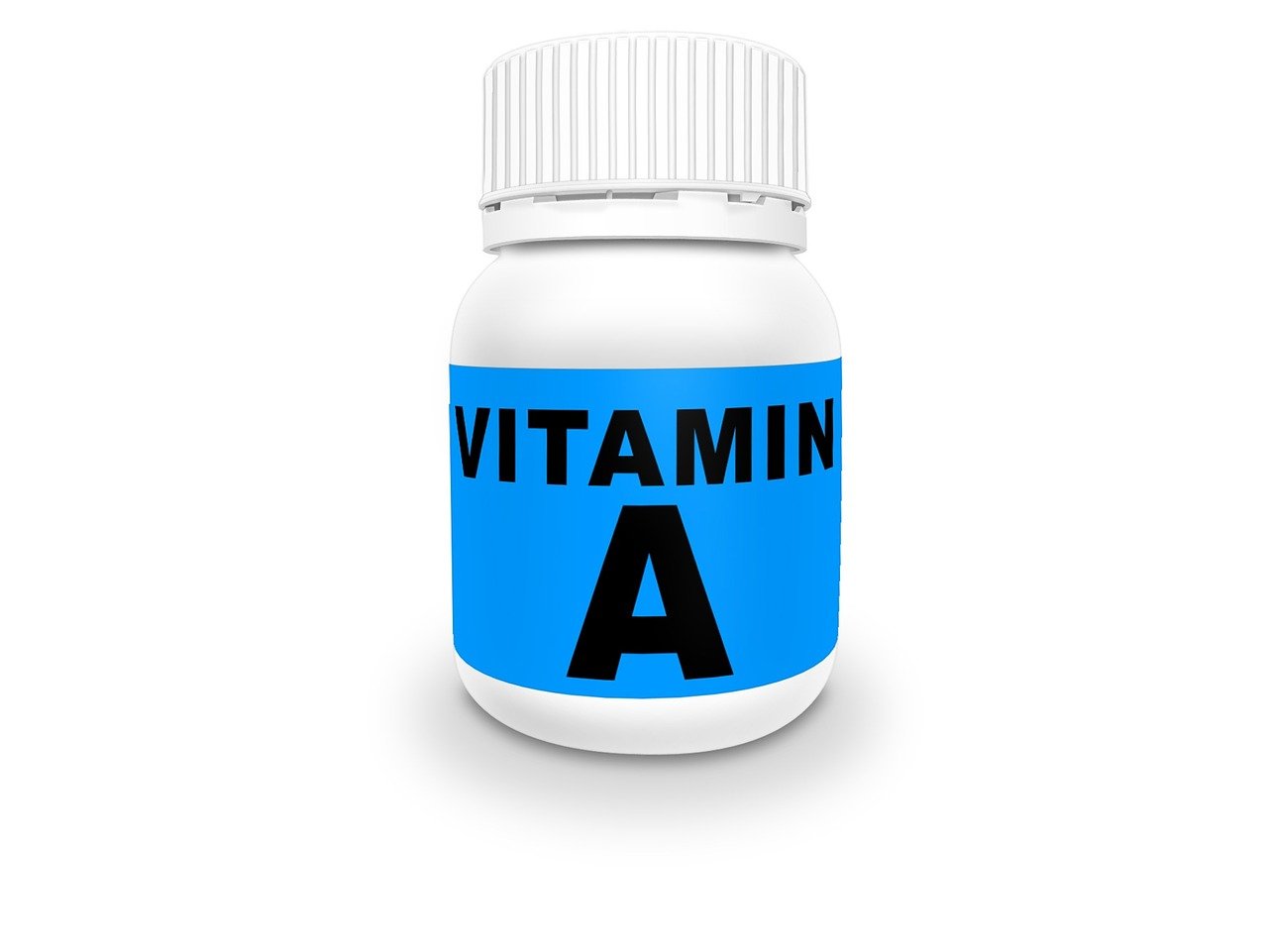Vitamin A Benefits– Welcome to a comprehensive guide on the benefits of vitamin A. In this article, we will explore the various advantages this essential nutrient offers to our health and well-being. Vitamin A is a vital component that supports multiple bodily functions, including vision, immune system function, and healthy skin. We’ll delve into the different sources of vitamin A, its health benefits, the risks associated with deficiency or excess intake, and more. So, let’s get started and discover the wonders of vitamin A!
What is Vitamin A?
Vitamin A is a fat-soluble vitamin that exists in several forms. The most common types are retinol, retinal, and retinoic acid. These forms can be obtained from both animal and plant sources, and they play crucial roles in maintaining optimal health.
Forms of Vitamin A
- Retinol: This is the most biologically active form of vitamin A, commonly found in animal-derived foods.
- Retinal: It is an intermediate form of vitamin A that is essential for vision.
- Retinoic Acid: This form is involved in cellular growth and development, gene expression, and immune function.
Sources of Vitamin A
Vitamin A can be obtained from various food sources, both from animal and plant origins.
Animal Sources
- Liver: Animal livers, such as beef liver, are rich in vitamin A.
- Fish: Fatty fish like salmon and mackerel contain significant amounts of this vitamin.
- Dairy Products: Milk, cheese, and eggs are good sources of vitamin A.
Plant Sources
- Orange and Yellow Fruits and Vegetables: Carrots, sweet potatoes, and mangoes are examples of these nutrient-rich foods.
- Leafy Greens: Spinach, kale, and collard greens provide a good amount of vitamin A.
- Fortified Foods: Certain products, such as breakfast cereals, are fortified with vitamin A.
Health Benefits of Vitamin A
Vitamin A offers numerous health benefits, contributing to overall well-being and functioning.
Vision Health
Vitamin A plays a pivotal role in maintaining good eyesight and preventing night blindness. It helps in the formation of a pigment called rhodopsin, which aids in low-light vision.
Immune System Support
This vitamin strengthens the immune system, enabling the body to fight off infections and diseases effectively. It assists in the production of white blood cells, which are crucial for immune function.
Skin Health
Vitamin A promotes healthy skin by supporting cell growth and repair. It helps to maintain the integrity of the skin’s protective barrier, keeping it moisturized and reducing the risk of dryness and irritation.
Growth and Development
For children, vitamin A is essential for proper growth and development. It supports bone growth, helps maintain healthy teeth, and assists in the development of various organs.
Vitamin A Deficiency
Insufficient intake of vitamin A can lead to deficiency, which may have adverse effects on health.
Symptoms and Risks
Symptoms of vitamin A deficiency include night blindness, dry skin, poor immune function, and delayed growth and development, especially in children. Prolonged deficiency can increase the risk of infections, vision problems, and even blindness.
Prevention and Treatment
To prevent vitamin A deficiency, it is essential to include vitamin A-rich foods in your diet. Supplementation may be necessary for individuals at risk or with diagnosed deficiency. Consulting a healthcare professional is recommended for personalized advice.
Daily Recommended Intake
The recommended daily intake of vitamin A varies depending on age, sex, and life stage. It is measured in international units (IU) or micrograms (mcg). For adults, the recommended daily intake ranges from 700 to 900 mcg for men and 600 to 700 mcg for women.
Risks and Side Effects
While vitamin A is crucial for health, excessive intake can have adverse effects. High doses, especially from supplements or medications, may lead to toxicity symptoms such as nausea, dizziness, and even liver damage. It is important to follow recommended dosages and consult a healthcare professional if necessary.
Conclusion
Vitamin A plays a vital role in various aspects of our health, from vision and immune system support to skin health and growth. Incorporating vitamin A-rich foods into your diet can provide significant benefits. However, it is crucial to maintain a balanced intake and avoid excessive doses. By understanding the importance of vitamin A and ensuring adequate consumption, you can optimize your overall well-being.
FAQs (Frequently Asked Questions)
- Q: What are the best animal sources of vitamin A?
- A: Animal livers, fish, and dairy products are excellent sources of vitamin A.
- Q: Can vitamin A improve my skin’s appearance?
- A: Yes, vitamin A promotes healthy skin and can improve its appearance by supporting cell growth and repair.
- Q: How much vitamin A do children need for proper growth?
- A: The daily recommended intake of vitamin A for children varies depending on age. Consult a healthcare professional for specific guidance.
- Q: Can vitamin A deficiency cause permanent vision loss?
- A: Prolonged deficiency can lead to vision problems and, in severe cases, even blindness. Early detection and prevention are crucial.
- Q: Is it safe to take vitamin A supplements?
- A: Vitamin A supplements can be safe and beneficial when taken as recommended. However, excessive intake can have adverse effects, so it’s important to consult a healthcare professional before starting any supplementation.




